Building a Greener Future: Strategies for Waste Management and Sustainable Living
/In an era where environmental sustainability is no longer a choice but a necessity, the global community is increasingly focusing on effective waste management practices.
Building a greener future demands innovative strategies to tackle the growing challenge of waste accumulation.
Effective waste management not only mitigates environmental impact but also fosters a sustainable relationship between humanity and the planet.
As urban populations swell, the importance of developing and implementing efficient waste disposal and recycling methods becomes paramount.
Innovative waste management initiatives such as those being pursued in Singaport not only aim to reduce the footprint of existing waste but also to reimagine waste as a resource, thus paving the way for a cleaner, greener tomorrow.
Singapore's Approach to Waste Management
Singapore, a densely populated island nation, has long faced the critical challenge of managing its limited space alongside its growing waste production.
Recognizing the urgent need for sustainable waste management solutions, the city-state has embarked on a comprehensive journey to innovate and implement efficient waste disposal and recycling strategies.
Central to Singapore's environmental policy is the vision of a ‘Zero Waste Nation,’ aiming to significantly reduce the volume of waste sent to landfills through enhanced recycling methods and the adoption of circular economy principles.
This vision is supported by a robust framework that emphasizes waste minimization, the conversion of waste to resource, and the engagement of both the public and private sectors in concerted efforts towards sustainability.
Acid and Alkaline Waste Disposal in Singapore
In the realm of specialized waste management, Singapore confronts the intricate challenge of disposing of acid and alkaline waste responsibly. These types of waste, commonly produced by industrial processes, require meticulous handling due to their hazardous nature.
The country’s approach to managing such hazardous waste hinges on strict regulations, advanced treatment technologies, and the promotion of industrial symbiosis. By deploying state-of-the-art treatment facilities for chemical waste water disposal singapore, this island nation ensures that acid and alkaline wastes are neutralized and treated to meet environmental safety standards before disposal.
Singapore encourages industries to adopt cleaner production techniques and waste minimization practices, aiming to reduce the generation of hazardous waste at its source. This proactive stance not only safeguards the environment and public health but also aligns with the broader goals of resource sustainability and pollution prevention.
Electronic Waste Management In Singapore
Electronic waste, or e-waste, represents a significant portion of waste generated in Singapore, encompassing everything from obsolete mobile phones to outdated computers.
Acknowledging the environmental hazards posed by improperly disposed e-waste, Singapore has implemented a robust e-waste management system.
This system emphasizes extended producer responsibility (EPR), where producers are obliged to take back used electronics for recycling.
Public-private partnerships have also led to the establishment of convenient e-waste collection points across the nation, encouraging consumers to dispose of their electronic items responsibly.
Through such initiatives, Singapore aims not only to reduce the environmental impact of e-waste but also to recover valuable materials for reuse, contributing to a circular economy.
Food Waste Recycling in Singapore
Food waste constitutes another major waste stream in Singapore, with significant portions generated daily by households, commercial outlets, and industrial sectors.
To tackle this issue, Singapore has adopted innovative food waste recycling strategies that transform food scraps into valuable resources.
One notable approach is the anaerobic digestion process, where food waste is converted into biogas, which can be used for energy production, and digestate, a nutrient-rich by-product suitable for use as fertilizer.
The government encourages food waste segregation at the source and supports the development of food waste recycling technologies.
These efforts not only aim to reduce the volume of food waste sent to landfills but also promote the efficient use of food resources, moving Singapore closer to its Zero Waste Nation aspirations.
Embracing Green Living Trends for a Sustainable Future
Innovative waste management practices are one aspect of a broader global trend towards finding sustainable solutions for the environmental challenges we currently face. The shift towards green living is a crucial step in addressing the environmental challenges of our time.
By adopting sustainable practices, individuals can significantly contribute to conserving natural resources, reducing carbon emissions, and enhancing their quality of life.
What are some of the current green living trends and how can you integrate these practices into your daily life?
The Rise of Eco-Friendly Renovations
Home renovations have taken a green turn, emphasizing energy efficiency, the use of sustainable materials, and designs that minimize environmental impact.
One notable trend is the installation of solar panels, a renewable energy solution that reduces reliance on fossil fuels and lowers electricity bills.
Structural Insulated Panels (SIPs) are also gaining popularity for their superior insulation properties, contributing to more energy-efficient homes.
The focus on green design extends beyond construction materials to include water-saving plumbing fixtures, energy-efficient lighting, and layouts that maximize natural light, thereby reducing the need for artificial lighting.
Sustainable Living Ideas
Sustainable living encompasses a wide range of practices aimed at reducing one's environmental footprint.
Key ideas include adopting a zero-waste lifestyle by minimizing waste production through recycling, composting, and choosing reusable over disposable items.
Eco-friendly furniture, made from sustainable or repurposed materials, is another aspect, emphasizing durability and local craftsmanship.
Energy-efficient appliances play a critical role in reducing energy consumption, while second-hand shopping offers an environmentally friendly alternative to buying new, reducing waste and demand for new resources.
Renewable Energy and Efficient Practices
The transition to renewable energy sources is a cornerstone of sustainable living.
Solar power, in particular, has become more accessible, allowing homeowners to harness clean energy directly from the sun.
LED lighting is another energy-efficient solution, offering longer lifespan and lower energy consumption compared to traditional incandescent bulbs.
Unplugging appliances and electronics when not in use can further reduce energy waste, as can sustainable commuting options like biking or using public transportation.
Final Remarks
In the journey towards a sustainable future, waste management stands as a pivotal challenge that nations and communities worldwide are striving to address.
Singapore's innovative approach, focusing on reducing, recycling, and reusing, exemplifies a successful model in transforming waste into resources, setting a benchmark for global sustainability practices. Through meticulous handling of hazardous waste, robust e-waste management systems, and pioneering food waste recycling strategies, Singapore is leading by example in the pursuit of a Zero Waste Nation.
Concurrently, the shift towards green living trends underscores the vital role of individual actions in driving environmental change. Eco-friendly renovations, sustainable living practices, and the embrace of renewable energy sources are not just trends but essential components of a lifestyle that prioritizes the planet's health.
As we advance, it's clear that the collective efforts in waste management and the adoption of green living principles are indispensable in building a greener, more sustainable future for all. This collective journey, marked by innovation, responsibility, and sustainability, lights the path toward a cleaner, greener tomorrow, ensuring a livable planet for future generations.
About the Author:
Darjan Kubik, armed with a Bachelor's degree in English, enriches Green and Prosperous with his profound flair for content creation. His passion for green living and sustainability infuses his writing, bringing vivid narratives and insightful perspectives to our readers.









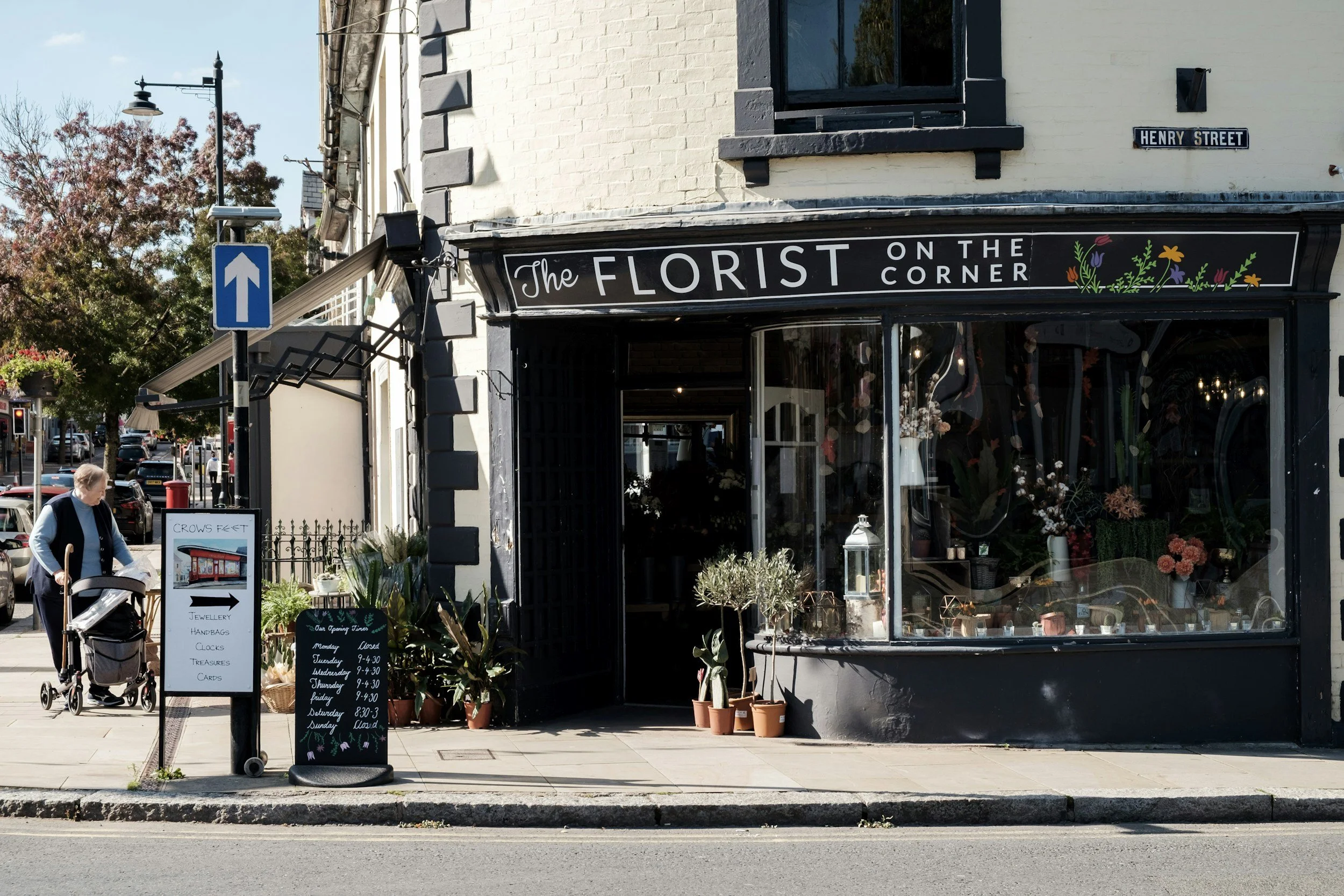
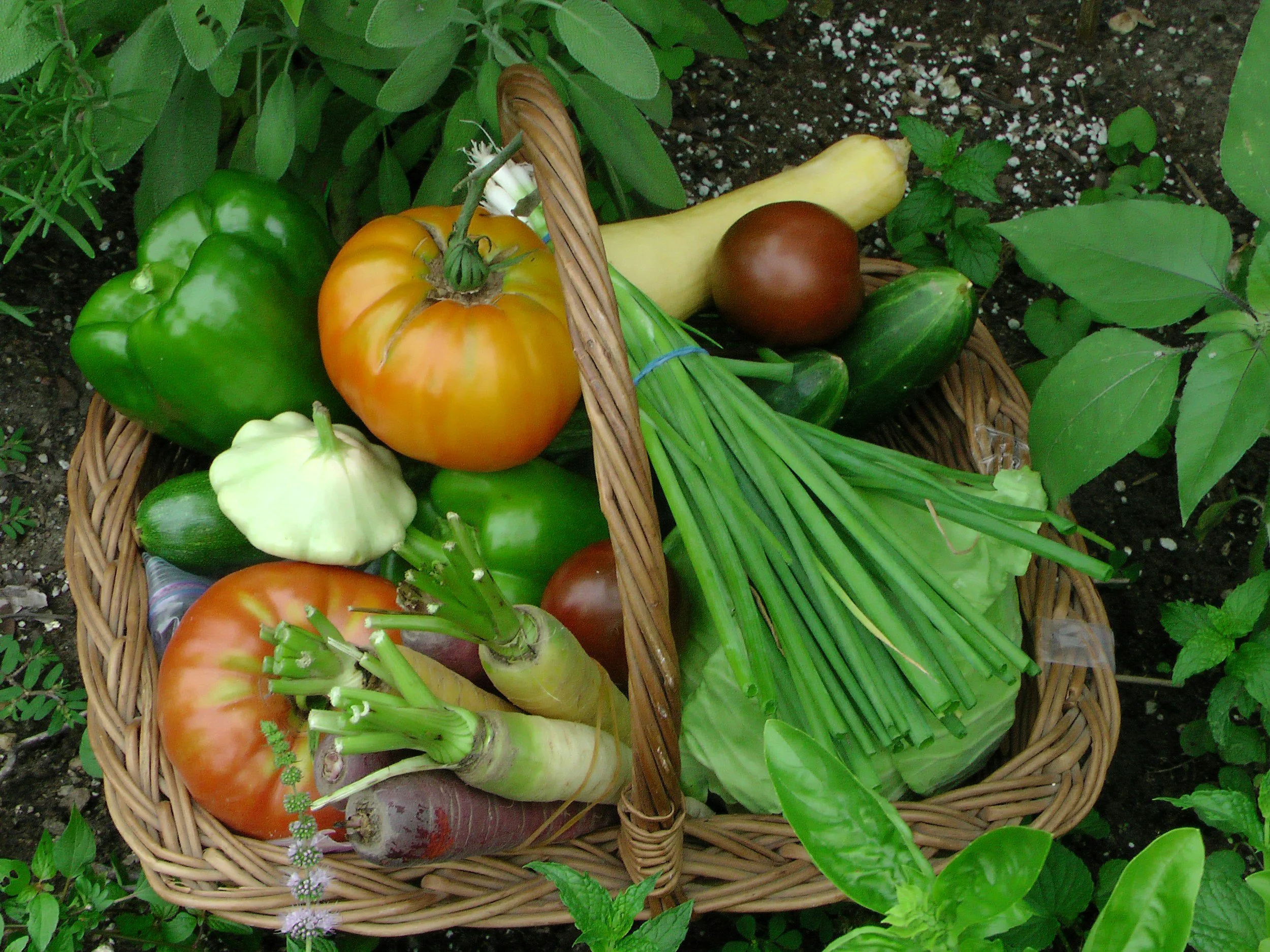
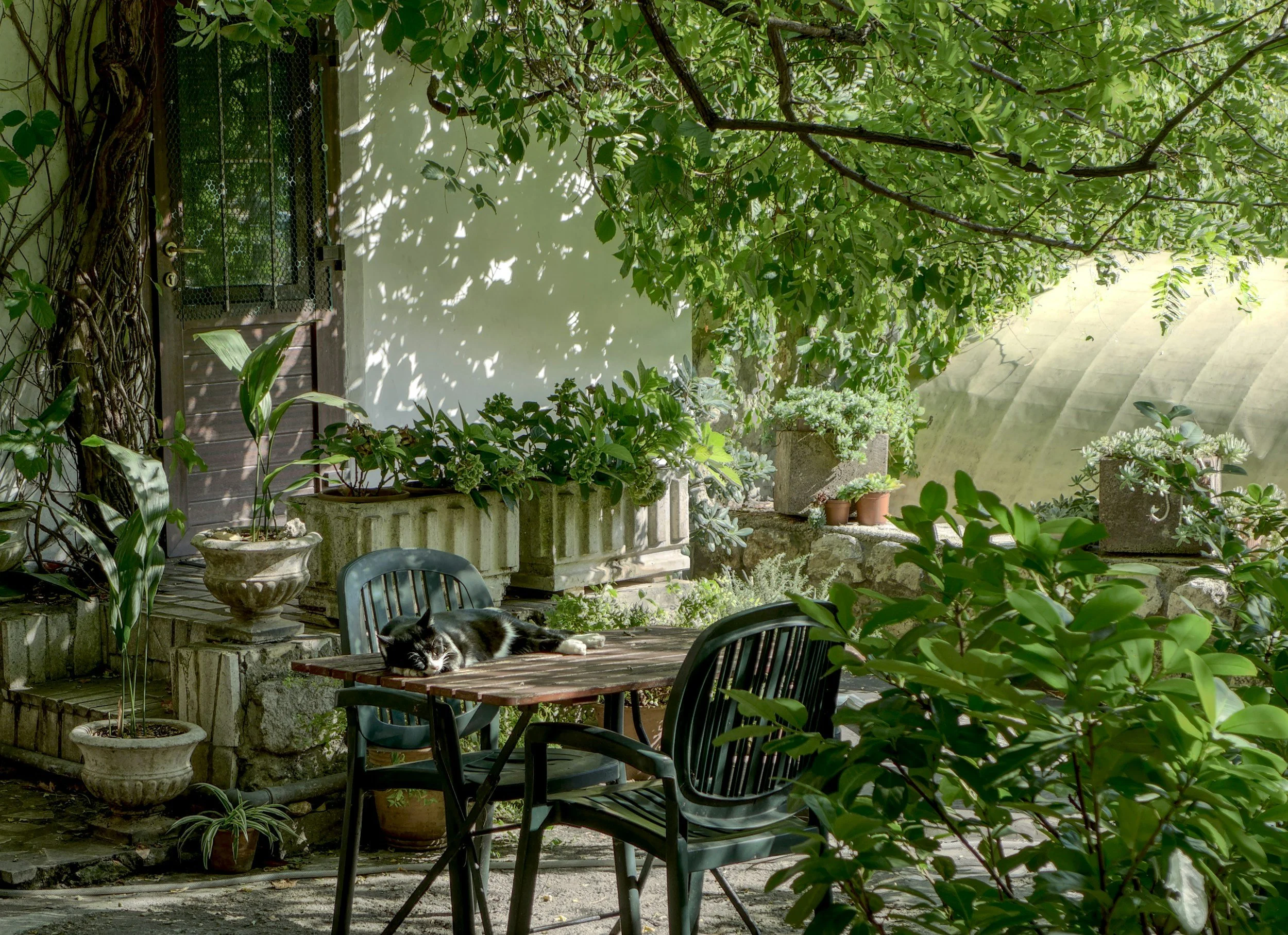
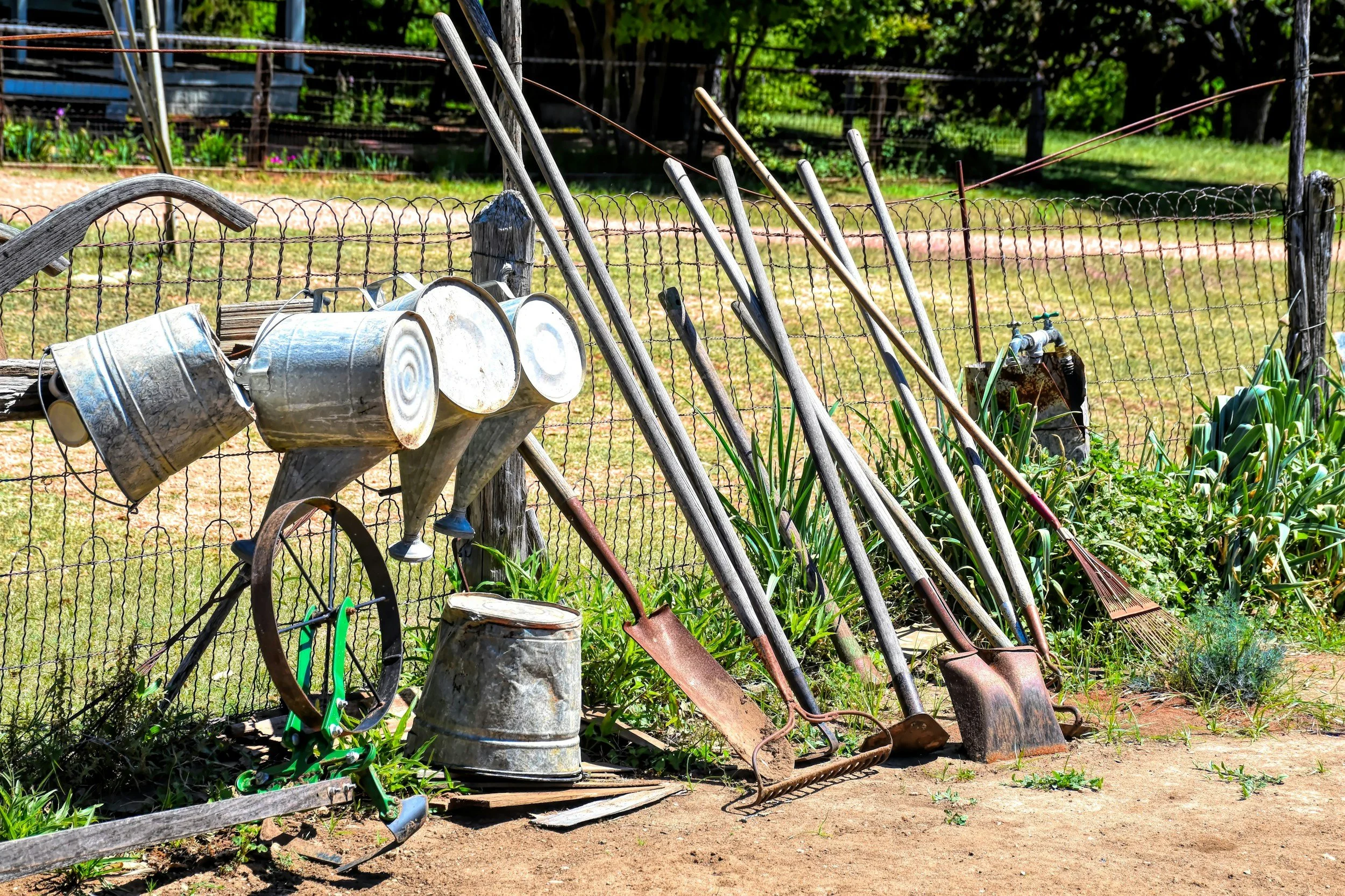
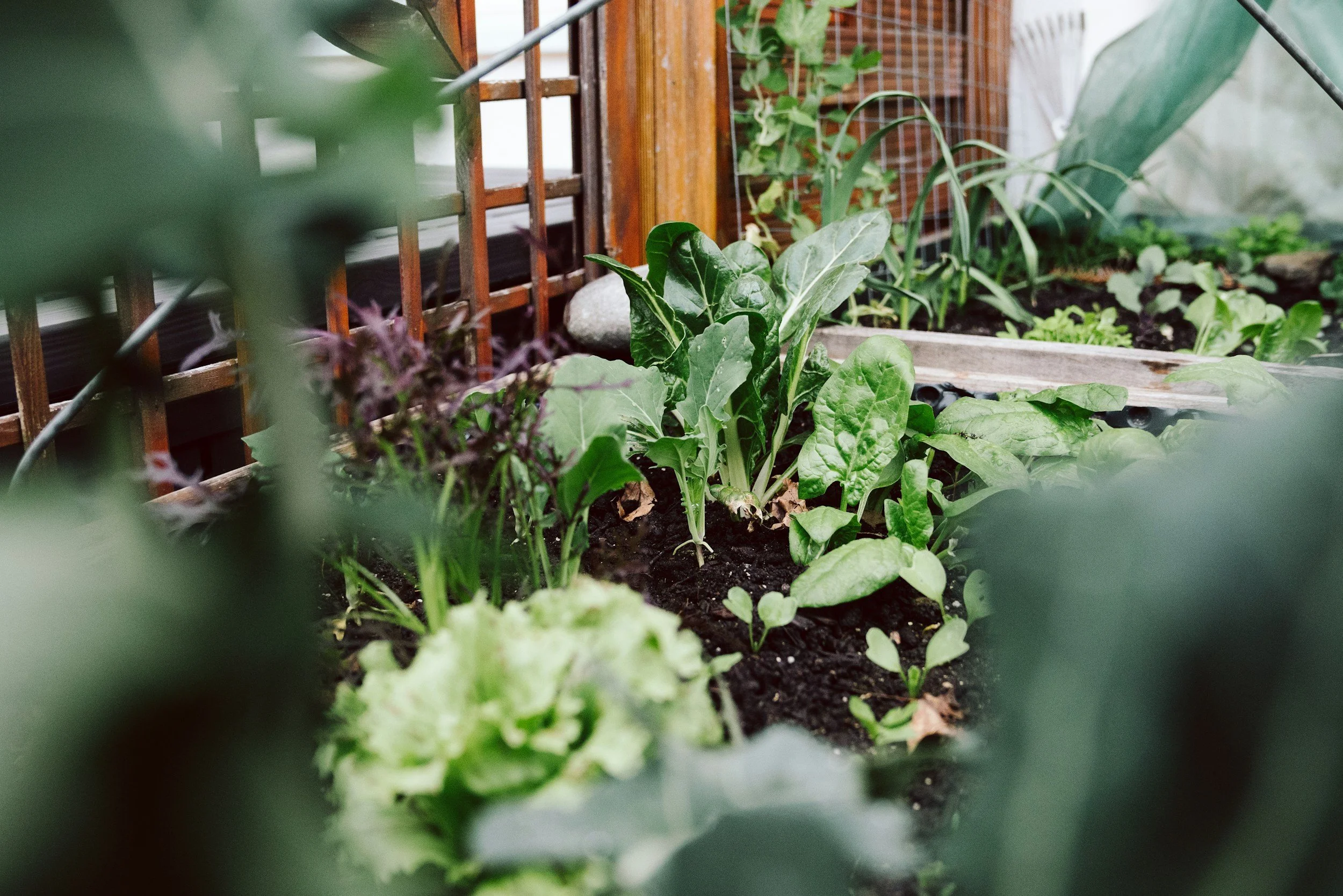
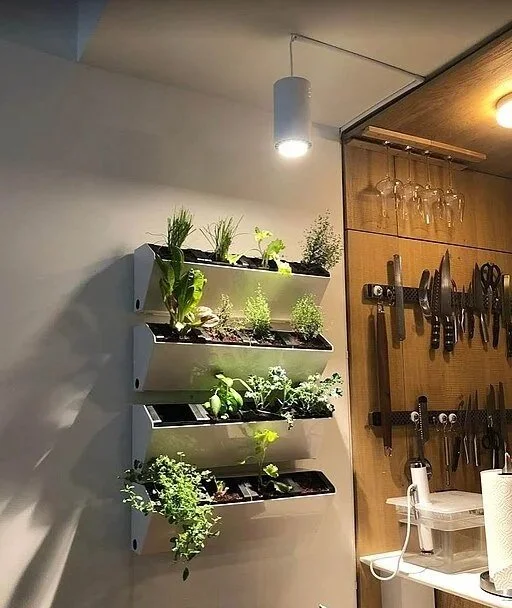
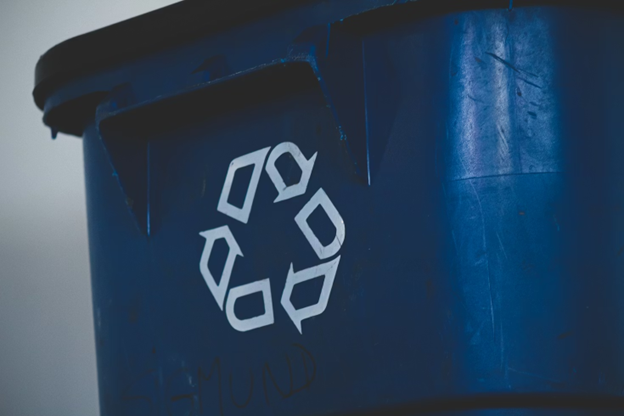
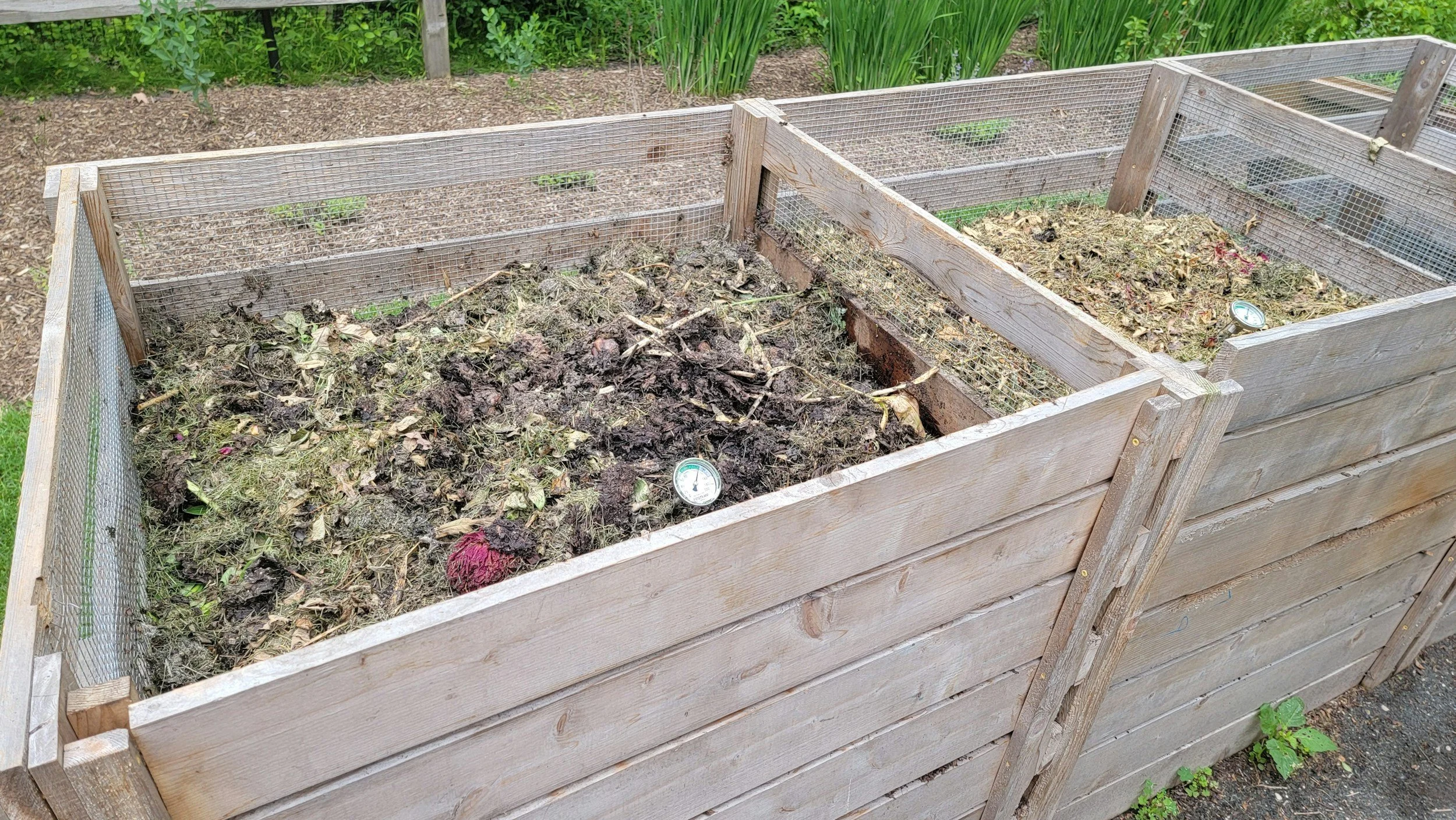
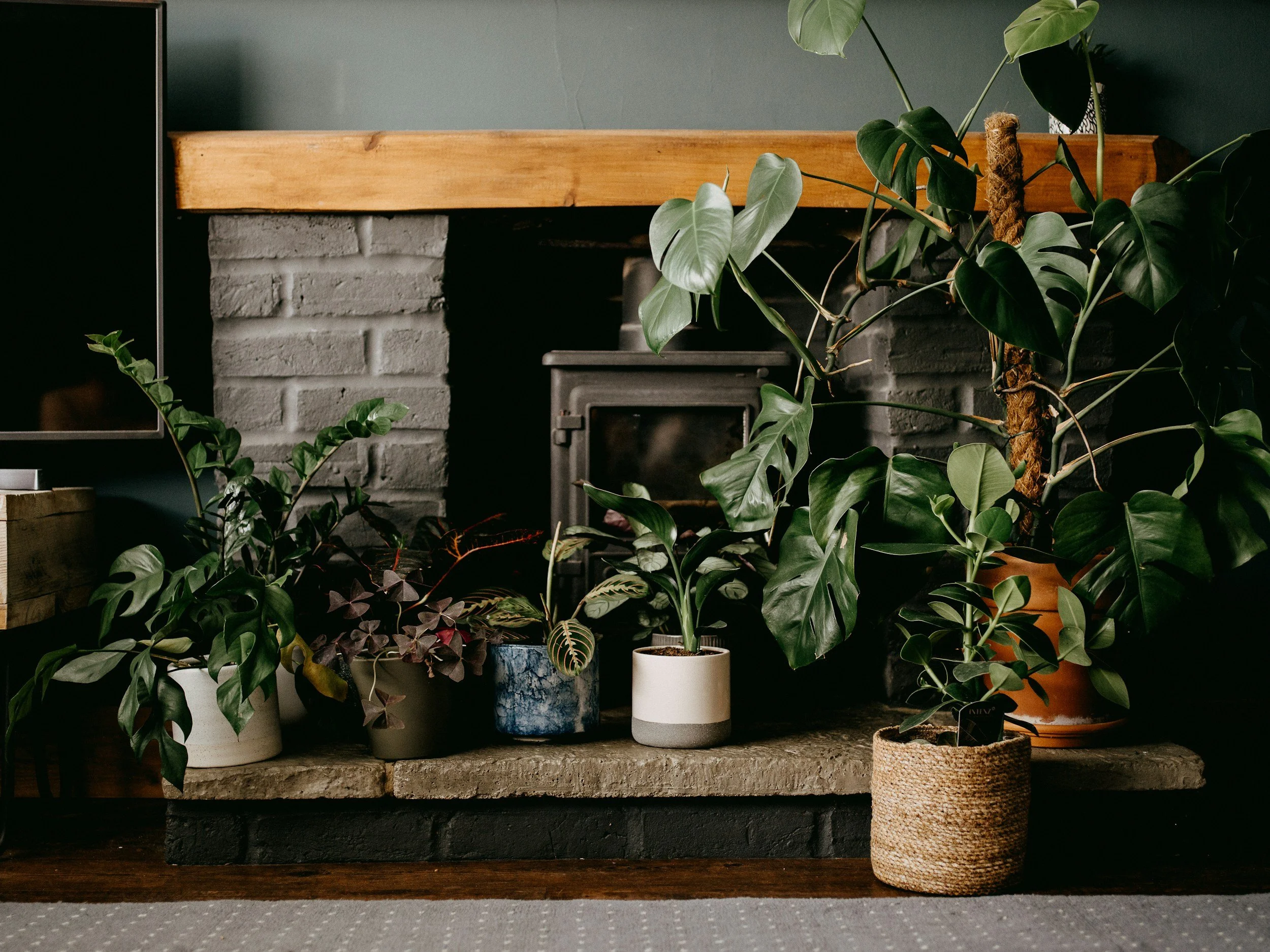
















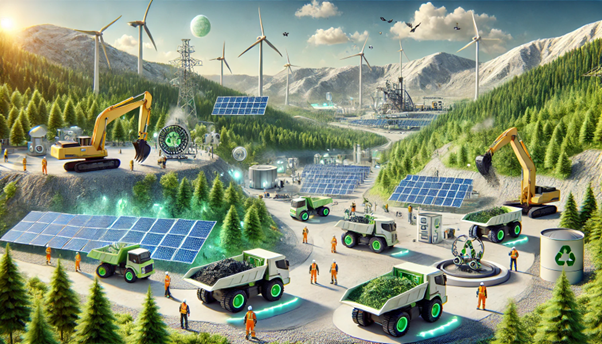

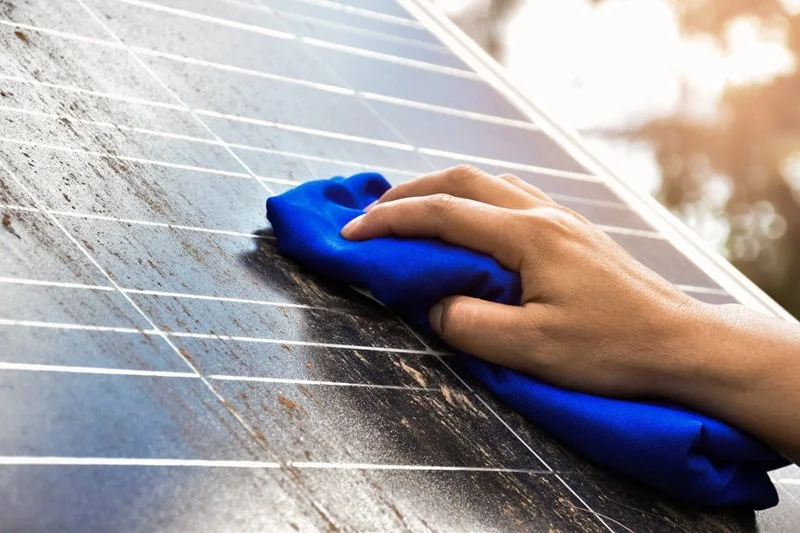

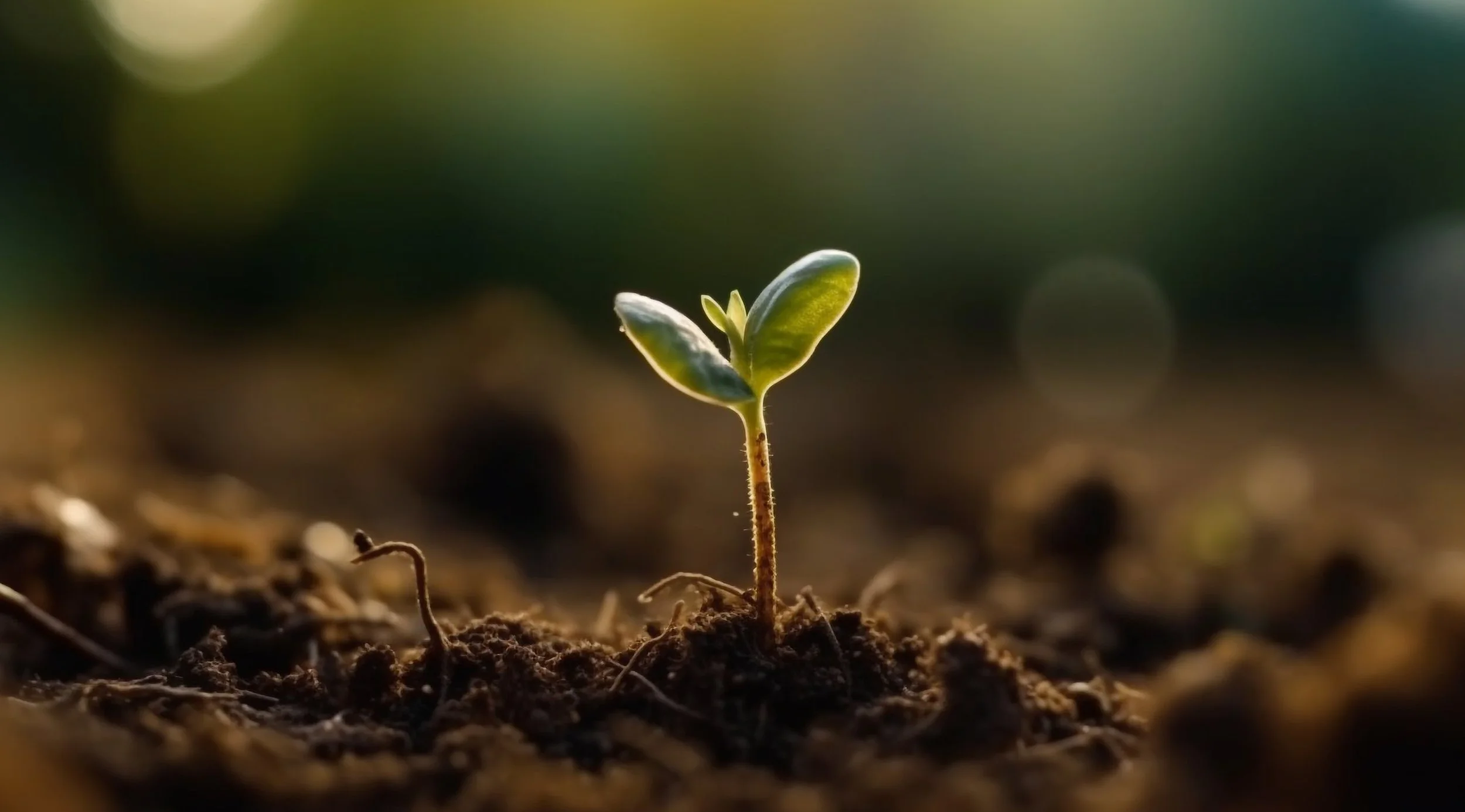



Several steps follow each other in the making of a green business, and yet waste management remains one of the most critical. Too many small (and even big) businesses promote themselves as “green brands,” only to fall off where it matters the most and generate too much non-recyclable waste.